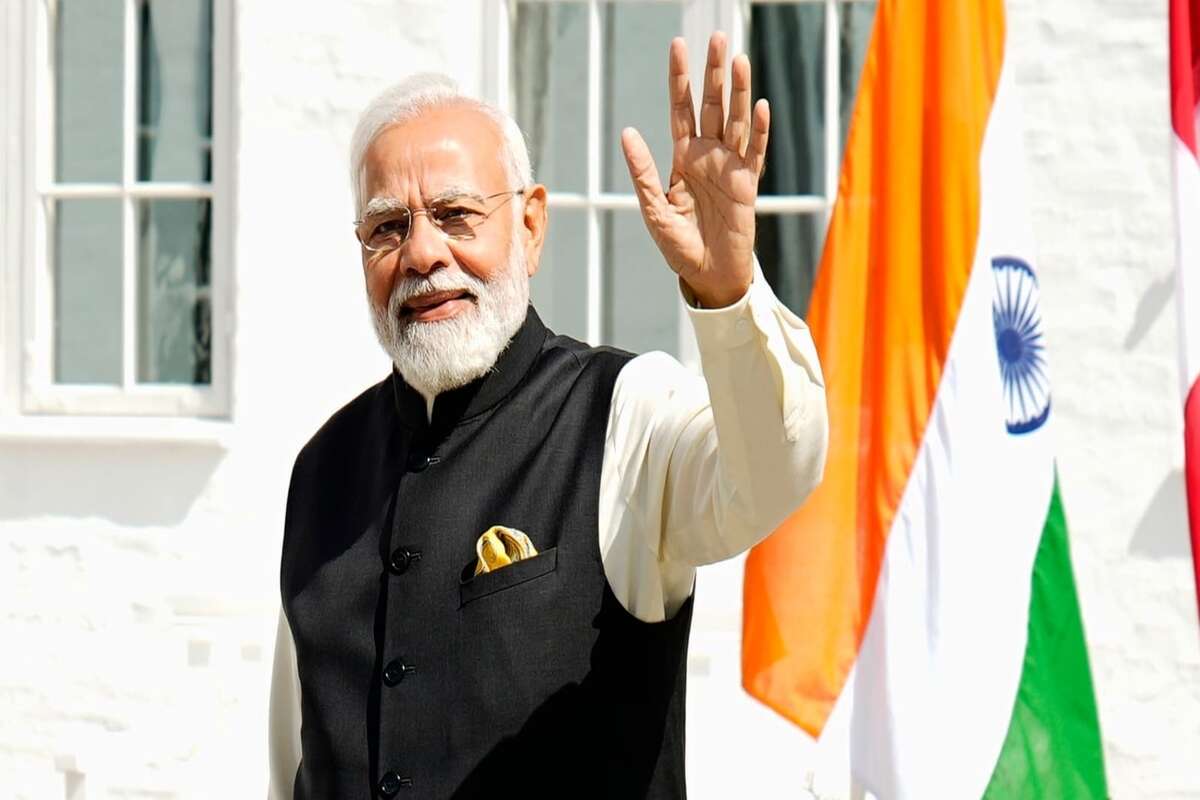Still unexplained
The hunt for the origins of Covid-19 has for the past four years been a tangled web of politics, power struggles, and international finger-pointing.
His comments are significant against the backdrop of the ongoing Sino-Indian military stand-off at eastern Ladakh which started in April-May 2020 after Beijing attempted to unilaterally change the status quo at the border.

Underlining the need for all countries to respect the UN Charter, international law and sovereignty and territorial integrity of other nations, Prime Minister Narendra Modi on Sunday asked the global community to jointly raise its voice against unilateral attempts to change the status quo.
”India has always been of the opinion that any tension, any dispute should be resolved through peaceful means, through dialogue. And if there is a solution from the law, then it should be accepted. And it was in this spirit that India resolved its land and maritime boundary dispute with Bangladesh,” he said addressing a working session of the G7 Summit in Hiroshima.
His comments are significant against the backdrop of the ongoing Sino-Indian military stand-off at eastern Ladakh which started in April-May 2020 after Beijing attempted to unilaterally change the status quo at the border.
Advertisement
Modi told the gathering that he had met Ukraine President Volodymyr Zelenskyy yesterday on the margins of the G7 Summit, adding that he did not consider the current situation in the war-torn country as an issue of politics or economy.
“I believe that this is a matter of humanity, a matter of human values. From the very beginning, we have maintained that dialogue and diplomacy is the only way. And we will make every possible effort to contribute, in whatever way India can, for resolving this situation,” he added.
Modi said global peace, stability, and prosperity were the common objectives of the global community.
”In today’s interconnected world, crises in any one region affect all the countries. And, the developing countries, which have limited resources, are the worst affected. In the current global situation, these countries are facing the maximum and most profound impact of the food, fuel, and fertilizer crisis,” he added.
He said the current situation raised the question as to why the world community was facing the need to discuss matters of peace and stability in distinct forums. He wondered why the United Nations, which was established with the very purpose of establishing peace, often failed to prevent conflicts today.
”Why, even the definition of terrorism has not been accepted in the UN yet? If introspection is done, then one thing is clear. The institutions created in the last century are not in line with the system of the 21st century. They do not reflect the realities of the present. That is why it is necessary that reforms should be given concrete shape in big institutions like the UN,” he added.
It would also have to become the voice of the Global South. ”Otherwise we will just keep talking about ending conflict. The UN and the Security Council will become just a talk shop,” the Indian leader said.
The PM noted that in India, as also in Japan, Lord Buddha has been followed for thousands of years. ”There is no such problem in the modern age, whose solution we cannot find in the teachings of the Buddha. Buddha had given the solution centuries ago to the war, unrest, and instability that the world is facing today,” he said.
Before leaving on the second leg of his current three-nation tour, Modi also met UK Prime Minister Rishi Sunak. The two leaders reviewed the Comprehensive Strategic Partnership between their two countries and also took stock of the progress in India-UK FTA negotiations.
They agreed to deepen cooperation across a wide range of areas, such as trade and investment, science and technology, higher education, and people to people relationship. Discussions also took place on India’s ongoing G-20 Presidency. Modi said he looked forward to welcoming Prime Minister Sunak in New Delhi for the G-20 Summit.
Advertisement